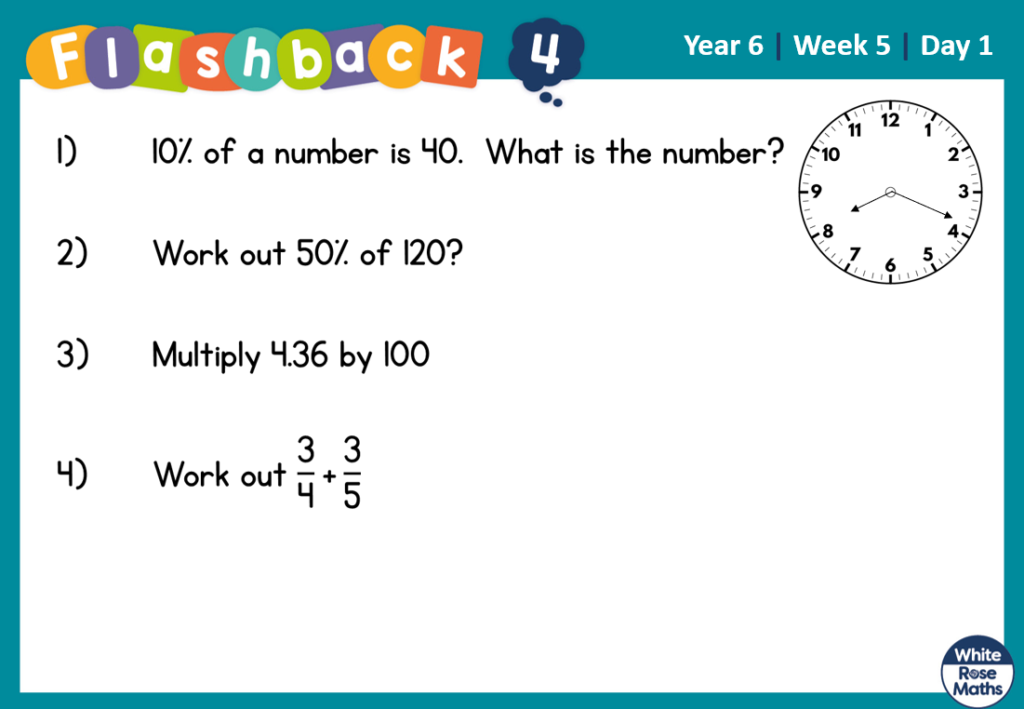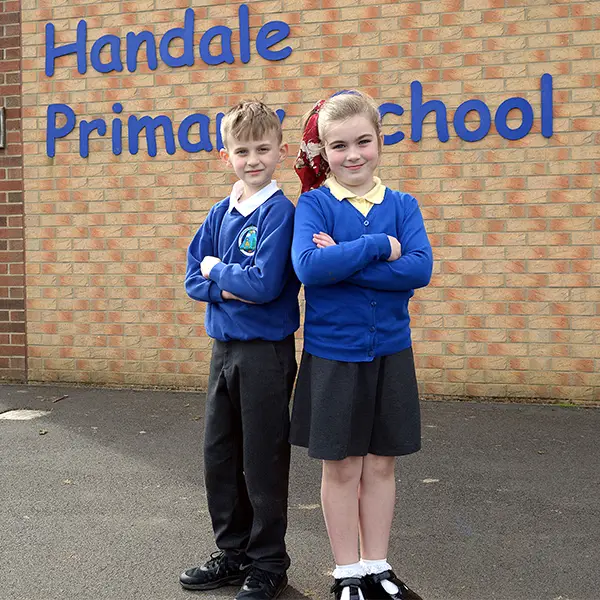| 9:00 | 9:30 | 10:15 | 10:30 | 11:15 | 11:30 | 1:30 | 2:00 | 3:00 |
| English | English Zoom Drop-in | Spelling | Reading | Maths | Maths Zoom Drop-in | History | History Zoom Drop-in | Story Time |
Please could I encourage all parents and children to ask if you would like your reading books changed as this can be easily arranged. Also, would it be possible to please send photos of your children’s reading records on a Monday or Friday to show evidence that you/your child has read 3 times that week. We want you to get credit for your achievements!
Please check your emails throughout today. I will be sending out an email explaining more details about a new whole school learning platform to further assist communication between school and parents and celebrate your child’s successes.
English
Invite to Join Year 6 English Drop-in Zoom Meeting (09:30)
https://zoom.us/j/99928816013?pwd=TlNZbDlML3psZmJicEFNaGUvbUIrUT09
Meeting ID: 999 2881 6013
Passcode: aQuF3N
Video input to English lesson:
SPaG: A successful writer will know when to move to a new paragraph. In non-fiction, the rules are that you should start a new paragraph following the INTRODUCTION, for each NEW TOPIC (FOCUS ISSUE) then to CONCLUDE (Remember sub-headings may trigger a new TOPIC (FOCUS ISSUE).
- Following the INTRODUCTION start a new paragraph.
- To discuss a NEW TOPIC (FOCUS ISSUE). Is there a sub-heading?
- To CONCLUDE the piece of writing.
Please look at the paragraph below and rewrite using the correct paragraphing:
All dragons, both Western and Eastern, come from eggs. They hatch, like birds or snakes, and grow from very small to very large. Dragons in both Eastern and Western mythology are extremely long lived, often living for thousands of years. The difference is that the Chinese dragons become wiser and kinder with age, and the Western dragons become, larger and greedier, often collecting huge hoards of gold and jewels on which they love to lie. All in all, dragons are regarded as the most amazing of mythological beasts. Almost every country in the world has its version of the dragon, many old stories and legends are written around them and they are still popular today. Many science fiction and fantasy books are written with dragons as characters, and despite our technologically advanced state today, we still seem to be fascinated by this most ancient and loved of imaginary creatures.
LC: To write a letter to a child in 2030:
This week we are trying something different and joining the children of 2020 in a letter writing activity linked to a book by P.G.Bell called ‘The Train to Impossible Places’ . The purpose of the project is to write a letter to a child in 2030, telling them how 2020 was for you, considering the COVID-19 pandemic and its impact.
What was 2020 like for you? What was different? Did you learn new things?
One day the letter you write might help children in the future learn about how coronavirus impacted children today, just like letters from important historical moments many years ago (such as World War I and World War II) tell us what life was like then.
A selection of the letters will be chosen by The Postal Museum to be included in an exhibition, both online and hopefully in real life too!
So this is what I would like you to do today:
Why do you think the lockdown in 2020 may prompt a return to a more traditional method of communication? What do you think are the benefits to writing letters as opposed to communicating on social media. Write a list of benefits of writing letters. Why do we do it?

Spelling
Here are the spellings for this week:
Mr Emmerson’s Spelling Group: morning, mourning, past, passed, precede, proceed, principal, principle, profit, prophet, develop, dictionary, disastrous, embarrass, environment, equip, equipped, equipment, especially, excellent
(There are a number of homophones in these spellings so please ensure that you use the correct definition for the correct spelling)
Mrs Oakley’s Spelling Group: morning, mourning, past, passed, precede, proceed, principal, principle, profit, prophet, develop, dictionary, disastrous, embarrass, environment, equip, equipped, equipment, especially, excellent
Focus on the spellings from your group and complete the following activities:
Spelling Activity:
Spelling Activity:
Please choose an activity from your Spelling Activity pack to complete today.
All of these spellings are on Spelling Shed under either Spring Week 4 Mrs Oakley or Spring Week 4 Mr Emmerson
Reading
Poems about Seasons
Adrian Henri and John Updike were both born in 1932. Henri was a British poet and painter, while Updike was an American poet and writer. They are both known for writing poems that describe familiar scenes. In these poems, they use vivid language to bring the seasons to life.
Autumn by Adrian Henri
Seasons of conkers and fireworks and mellow fruitfulness. New shoes, and a big coat that’s a bit too big, to grow into next year. Blackberries along the canal, white jungles of frost on the window. Leaves to kick all the way home, the smell of bonfires, stamping the ice on puddles into crazy paving. The nights come in early, and you can’t play out after school. Soon there will be tangerines in the shops, in shiny paper like Christmas lights.
The little ones write letters to Santa Claus.
The big ones laugh under the streetlights.
January by John Updike
The days are short, The sun is spark, Hung thin between, The dark and dark.
Fat snowy footsteps, Track the floor, Milk bottles burst, Outside the door.
The river is, A frozen place, Held still beneath, The trees of lace.
The sky is low, The wind is gray, The radiator, Purrs all day.
Questions: (Please make sure that you are aware of the mark weight for each question. If the question gives you 2 marks, it is either looking for 2 different points or 1 point with reference to text to explain your answer)
- In January, the poet says ‘ that ‘the days are short’. Which phrase from Autumn describes short days? (1 mark)
- Find and copy a simile from ‘Autumn’. (1 mark)
- What does the poet mean by ‘trees of lace’ in ‘January’? (1 mark)
- Why do you think the poet chooses the verb ‘purrs’ to describe the sound of the radiator ? (2 marks)
- Which poem is written in free verse? (1 mark)
- Which poem do you think is more positive about the season it describes? Explain your answer. (2 marks)
- Which poem do you prefer? Explain your answer. (2 marks)
Maths
Join Year 6 Maths Drop-in Zoom Meeting (11:30)
https://zoom.us/j/98482430346?pwd=WFBlY1oxMFZEY0NHbE5aMUZabTFNQT09
Meeting ID: 984 8243 0346
Passcode: Kx4NGj
Video Input to the maths lesson:
Maths Meeting:

Maths: LC: Algebra: To find a rule – two step
Today we continue to look at Algebra as is our focus for the next few days. We are now looking at finding a rule – two step. The video will DEFINITELY help to guide you and explain further so please watch it carefully and return to it as many times as is needed.


Challenge questions:

History
Join Year 6 Afternoon Drop-in Zoom Meeting (2:00)
https://zoom.us/j/96570610837?pwd=bXNqSWEvcU5NUXo3MGh1NUlObThNZz09
Meeting ID: 965 7061 0837
Passcode: EKX5kf
Video for history session:

Activity
We are going to find out about one of the most famous criminals in British history.
He lived during the Georgian period and died over 250 years ago, but he is still talked about now. What can you find out about him? Please conduct research to try and answer the questions on the Who Was Dick Turpin?
Please look at the questions underneath to guide and focus your research. By answering these questions you are considering key aspects of Dick Turpin’s Life so please consider them carefully.
- In what year was Richard Turpin baptised?
- What did Dick Turpin look like?
- Where was Richard Turpin held a prisoner?
- Why was he in prison?
- When was he executed?
- Where was he buried?
- What is he famous for?
- Why do you think there are two names on his gravestone?
Story time
Mr Umbo’s Umbrellas by Patience Abbabi
Three months we’ve been underground, hunched in fleeces, fake furs, waiting for the sign.
To change on the Southbound via bank, Westbound to Harrow-on-the-Hill, while Mr Umbo.
Fresh from Cameroon, via the Paris Metro, breeds his squat portmanteau.
A culture of umbrellas, yellowing, each one on its pale cream sleeve.
It never rains but it shines, he sings into the gloom.
We sat in mohair, moleskin, each parasol-parapluie a gift that will open.
On the flicker of neon, the crackle of announcement that Spring is in the air.
When it comes, we hold each quivering cocoon up up up into the light.
Spring rain; and, from ruched skin, the umbrellas emerge.
Spider-ribbed, spike-tipped, they flap upwards, outwards, to resplendent domes of yellow yellow.
At Bank, Hill. Park, Green, Wood, Valley, Common, Garden: all over London.
Mr Umbo’s Umbrellas, yellow as the rain’s grey, spring into bloom.



